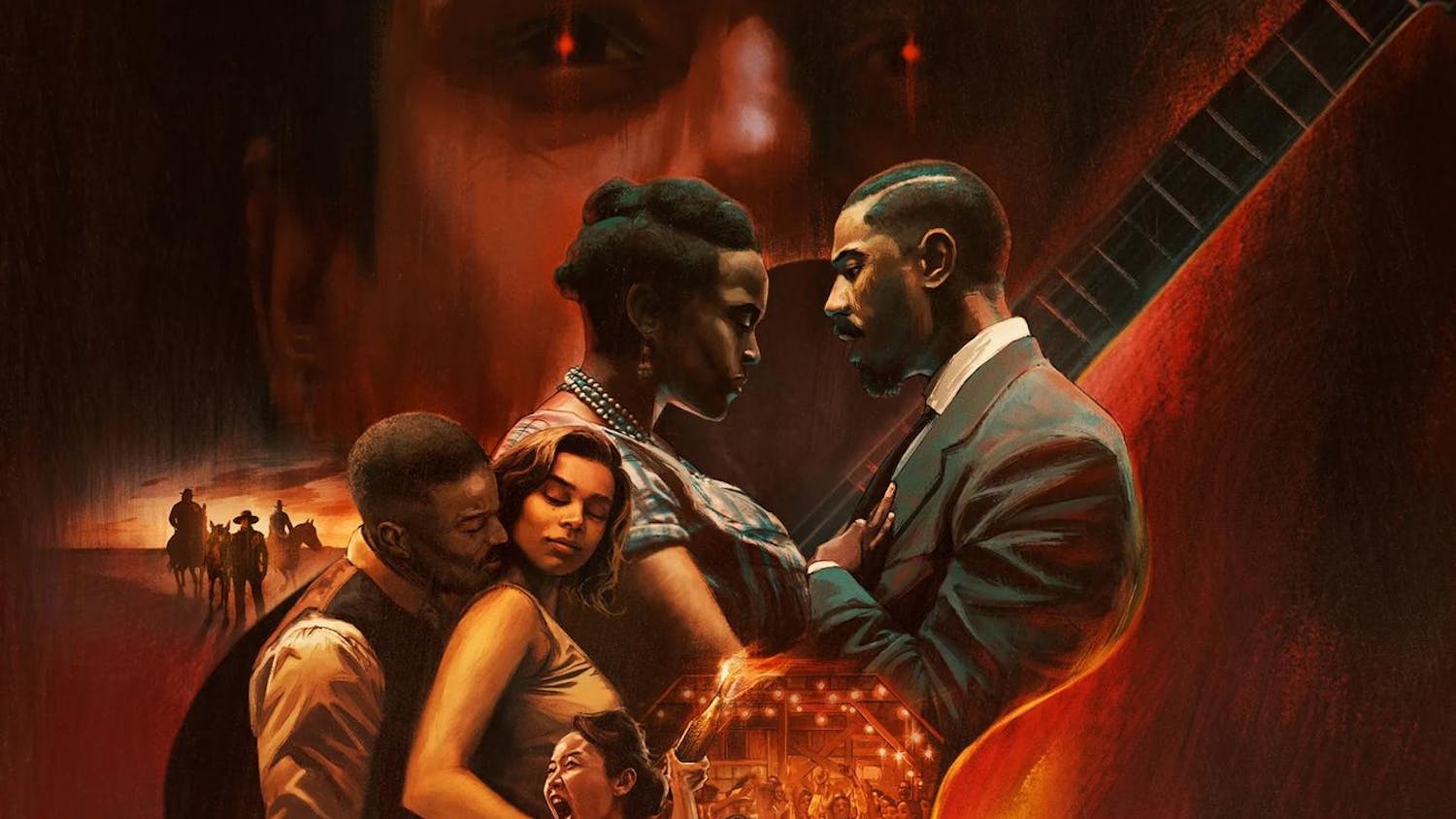“I don’t even know who I am in this whole thing anymore, where I stop and Jake starts,” Lucy thinks to herself as she paces up and down the stairs. Her musings that occur halfway through the film are only one of the many metaphysical, enigmatic and puzzling clues screenwriter and director Charlie Kaufman drops in “I’m Thinking of Ending Things,” a silver-screen adaptation of Iain Reid’s 2016 novel of the same name.
Kaufman is known for suspending audiences in uncertainty with surreal plots and nonlinear timelines that mimic the human psyche, jumping between fantasy and reality. His 2004 Academy Award-winning screenplay for “Eternal Sunshine of the Spotless Mind” expands audiences’ imaginations and taps into fundamental human conditions related to memory, love and loss.
In typical Kaufman manner, “I’m Thinking of Ending Things” introduces the fragility of reality from the get-go, when protagonist Lucy hesitantly agrees to have dinner with her boyfriend Jake and his parents at their farmhouse in rural Oklahoma. The audience detects a “sinewy, unsettling psychological horror,” as described by critic Wendy Ide, slowly building as Lucy and Jake travel to his parents’ farmhouse amidst a hastening blizzard.
Jake and Lucy’s road trip is interspersed with seemingly unrelated shots of a janitor cleaning a high school. Inconsistent, almost contradictory details become glaringly obvious as the movie blends the reality of the janitor with Lucy’s and Jake’s.
Lucy’s identity is constantly changing throughout the film, as inconsistent details about her life are revealed. Is her name really Lucy? Or Lucia? Or maybe Louisa? Is she a biologist, a quantum physicist or a painter? Did she grow up on a farmhouse, just like Jake, or did she grow up in an apartment? Was she wearing a pink coat or a blue one?
“Reality comes untethered as time elapses, dilates and ultimately collapses,” writes critic Ryan Lattanzio. This unstable reality becomes more prominent by the end of the dinner when Lucy points out a baby photo of herself in the farmhouse — one Jake claims is actually of him. As the scene progresses, what is real and what is imagined become even more uncertain. Elements from the janitor’s storyline bleed into Lucy and Jake’s experience: The music played by the janitor as he cleans becomes the music on the radio that Jake switches on after dinner. Jake’s parents alternate between being near-death old and just-married young. Yvonne, the protagonist of the movie the janitor watches, becomes the friend that keeps calling Lucy.
Aptly described by critic David Fear, “I’m Thinking of Ending Things” is truly a “blend of seismic uncertainty, vulnerability and absurdity.” The surreal nature of the movie gives way to larger questions that are often featured in Kaufman’s works: What constitutes a person? How much can one person be different from another? Can we ever truly know another person, or are they simply a projection of our inner fears, hopes and dreams?
By the end of the film, we’re not sure that Lucy — if that even is her name — was actually the protagonist. We’re not even sure she existed at all, or if she was just a creation of Jake’s fantasy. So then, we wonder, is there a separation between the reality we experience and the reality we remember? Is there a distinction between who we are to ourselves and who we are to other people? These are some of the questions that “I’m Thinking of Ending Things” poses to its audience. The movie certainly raises more questions than it answers, but it is this existentialist provocation that makes the story remain inside our heads well after it is over.

ADVERTISEMENT




